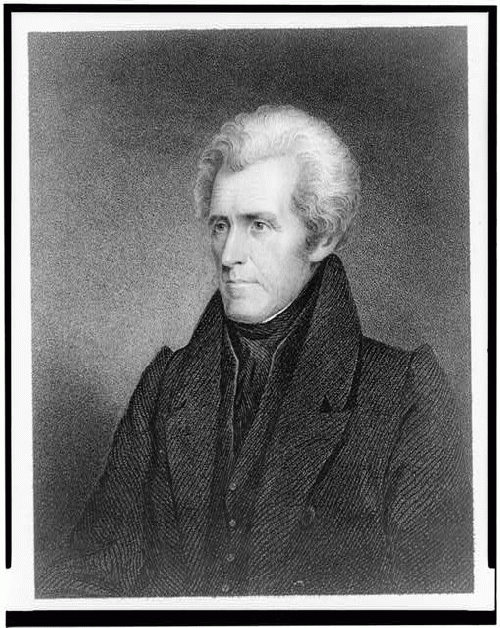President Harry Truman once said, "The only thing new in the
world is the history you don't know."
Clearly,
President Barack Obama and Congress didn't know their history concerning the "Tariff
of Abominations"--the 1828 version of sequestration.
Both the 1828 tariff and sequestration were ladled with provisions that each side thought would make the other side balk. Each side's pols thought they were being clever--that they loaded up the proviso with attributes would make them look good and the other guys look bad, and that the proposal would never be enacted
They were wrong in 1828, and they were wrong in 2013. If today's politicians had any historical savvy, they would have known that sequestration, like the Tariff of 1828, could take on a momentum of its own that they would be powerless to stop.
Democratic supporters of Andrew Jackson, who was running for President in 1828, cooked up the tariff idea as what they thought was a clever political ploy--much as the Obama White House cooked up sequestration as their own political ploy.

Candidate Andrew Jackson--the impetus behind the .Tariff of Abominations..
(Image by Library of Congress) Details DMCA
Candidate Andrew Jackson--the impetus behind the .Tariff of Abominations.. by Library of Congress
The Jacksonians introduced a tariff bill that would protect domestic manufacturers from imported goods, but that also included high duties on raw materials manufacturers needed. They believed the latter part of the bill would turn manufacturers against it, and Congressmen from the manufacturing states of the North would join free market Southern Congressmen in defeating it. Jackson would then look like a champion of protection in the North, and of the free market in the South.
Except, to everyone's surprise, the bill passed--creating the highest tariff the United States ever had enacted and causing people to call it the Tariff of Abominations.
As Senator Daniel Webster said of the tariff, "Its enemies spiced it with whatever they thought would render it distasteful; its friends took it, drugged as it was."
Fast forward to 2011. The White House thought it was being clever to ladle the sequestration bill with provisions such as cuts to defense that it thought would force Republicans to compromise.
In other words, the Obama White House spiced sequestration with whatever they thought would render it distasteful. Yet Republicans took it, drugged as it was.
The Jacksonians might have figured that Northern manufacturers loved protection so much that the bill could pass; that's what happened, but the Jacksonians didn't foresee it. The White House might have figured that Republicans loved cutting government spending and services so much that sequestration would actually go into effect; that's what happened, but the Obama Administration didn't foresee it.
The tariff didn't hurt Jackson's presidential run; as an early practitioner of some of the political tactics I describe in my book Winning Political Campaigns: A Comprehensive Guide to Electoral Success, he won the election of 1828 easily.
Yet, the Tariff of Abominations led to the South coming up with the doctrine of nullification--the theory that a state could nullify a federal law it didn't like. Nullification was one of the philosophical ideas that led to the Civil War.
One can only hope that the results of the sequestration abomination will not be as dire.




